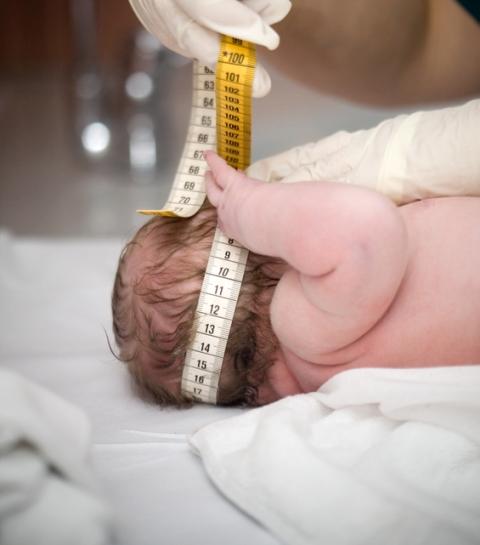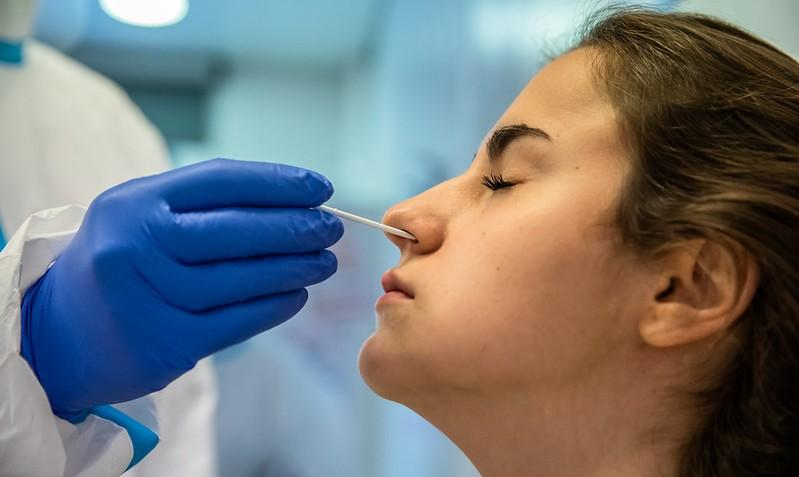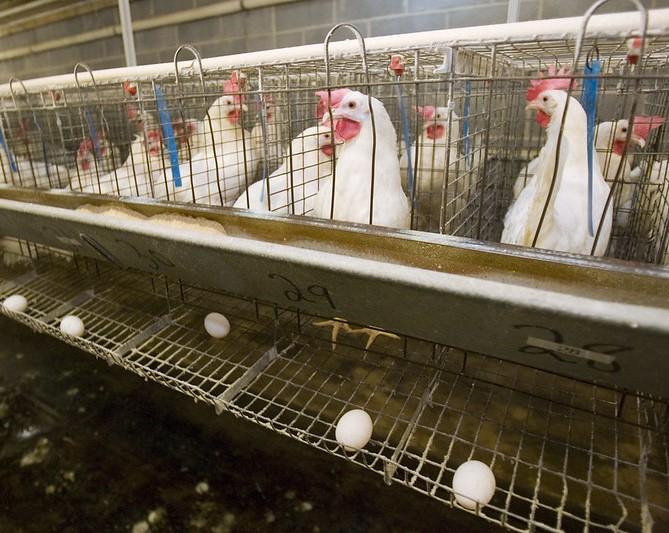
Only 5% of infants exposed to Zika virus in utero develop the physical or neurologic disabilities associated with congenital Zika syndrome, but new research published in eBioMedicine shows almost all children exposed to Zika in the womb may experience changes to the immune system.
The study is based on a small cohort of Zika-exposed children followed up by researchers from the Cleveland Clinic and elsewhere, led by Suan-Sin Foo, PhD. In a press release from the Cleveland Clinic, Foo said her research fills in a missing gap in the Zika landscape.
"The medical field has a very specific definition of congenital Zika syndrome. The children must have impaired skull or brain development," said Foo. "The rest of these kids may not even have a note on their chart mentioning that their mother was infected during pregnancy. Unless they're part of our study, they're essentially lost to the medical field."
The rest of these kids may not even have a note on their chart mentioning that their mother was infected during pregnancy.
Forty-two Zika-exposed infants (ZEI) assessed at birth and 20 children exposed to Zika during pregnancy (ZEC, for Zika-exposed children) and assessed at age 2 years in Brazil provided blood samples and were compared to healthy controls. Researchers found high elevated levels of inflammation, even 2 years after the Zika virus infection was cleared.
Altered response to childhood vaccines
Moreover, the 2-year-olds showed an altered immune response to childhood vaccines in T-cell expression, with notably reduced anti-Diphtheria toxin and anti-Clostridium tetani Immunoglobulin G levels against diphtheria, tetanus, and acellular pertussis and measles, mumps, and rubella vaccines.
The authors said their research will now shift to focusing on how to block Zika's effects during pregnancy. They added that their findings should encourage clinicians to broaden their understanding of congenital Zika syndrome.
"Our study clearly shows that there's much more to this condition than meets the eye. We need to expand diagnostic criteria and conduct more research to make sure these immunologically vulnerable children get the care they need," said Foo.















